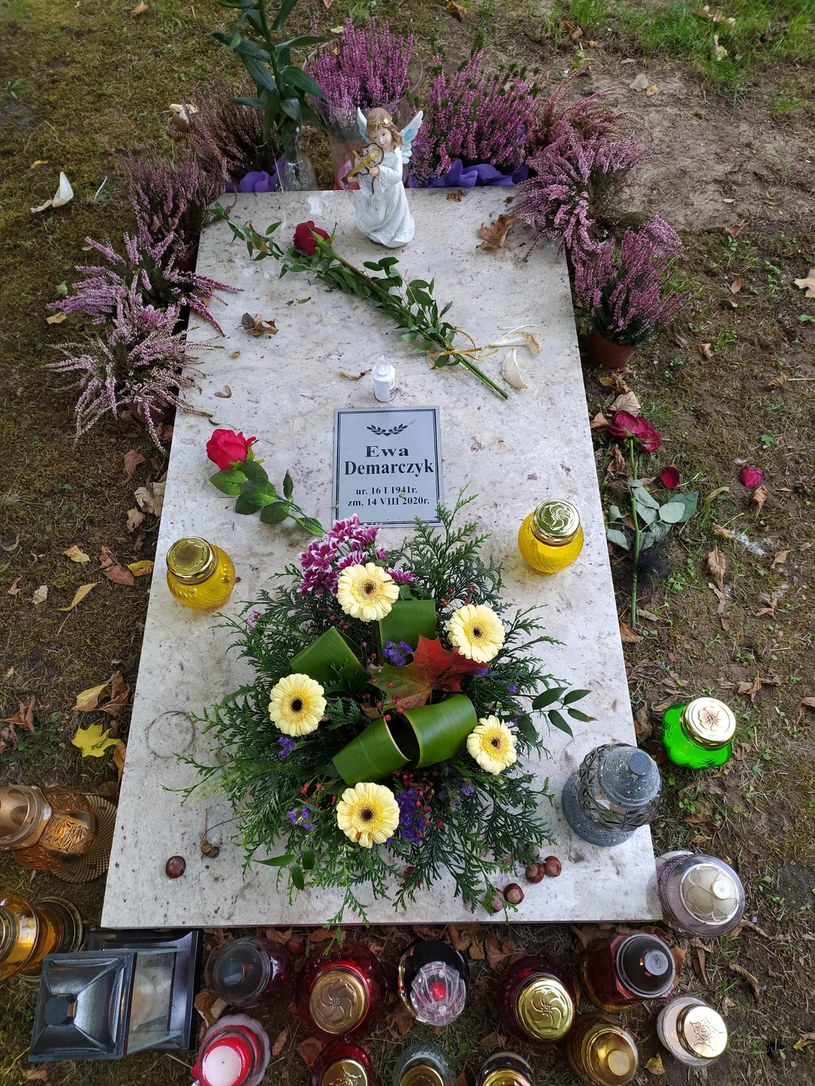

Her repertoire consists of demanding, not easily accessible interpretations of poems. In 2001, a foundation Teatr Ewy Demarczyk was created. Ewa Demarczyk continued to perform live until the late 1990s. In the 1990s her albums were re-released on CD and the artist got a number of awards in recognition of her input to Polish culture. In spite of formal difficulties, it was soon shut down, although enjoyed interest.

In the mid-1980s the singer founded her own theatre in Kraków. Her 1982 live album, simply titled Live, turned out to be a big success, achieving Gold certification in Poland. Later in the 1970s Ewa Demarczyk was awarded with an honorary award at Opole Festival and Order of Polonia Restituta. It was released in Russia by the state-owned label Melodiya and sold in excess of several million copies.
Demarczyk ewa plus#
Two years later her next album was issued, including some new Polish songs plus four Russian-language versions of her previously known hits. The year 1967 saw the release of her first longplay album, Ewa Demarczyk śpiewa piosenki Zygmunta Koniecznego, which proved to be a major success and was later certified Platinum for selling over 100,000 copies.ĭemarczyk left the Piwnica pod Baranami in 1972. The same year the artist teamed up with another composer, Andrzej Zarycki. In 1966, graduated from Ludwik Solski Academy for the Dramatic Arts (however, later she never played any part in a movie). The artist went on to perform at Olympia in Paris, after Bruno Coquatrix's invitation, as well as at the ceremony celebrating 20th anniversary of United Nations. In 1964 she took the second place in Sopot for "Grande Valse Brillante". Later the same year Ewa sang also at Sopot International Song Festival and was named the best artist of 1963 by Polish journalists. Her first big success was a performance at 1963 National Festival of Polish Song in Opole where she got an award for the songs "Karuzela z madonnami", "Taki pejzaż" and "Czarne anioły". After one year she left Cyrulik for Piwnica pod Baranami, where she met Zygmunt Konieczny, with whom she would work for the next four years. She started her career in 1961, when she joined Jagiellonian University Medical College's student cabaret Cyrulik.


 0 kommentar(er)
0 kommentar(er)
